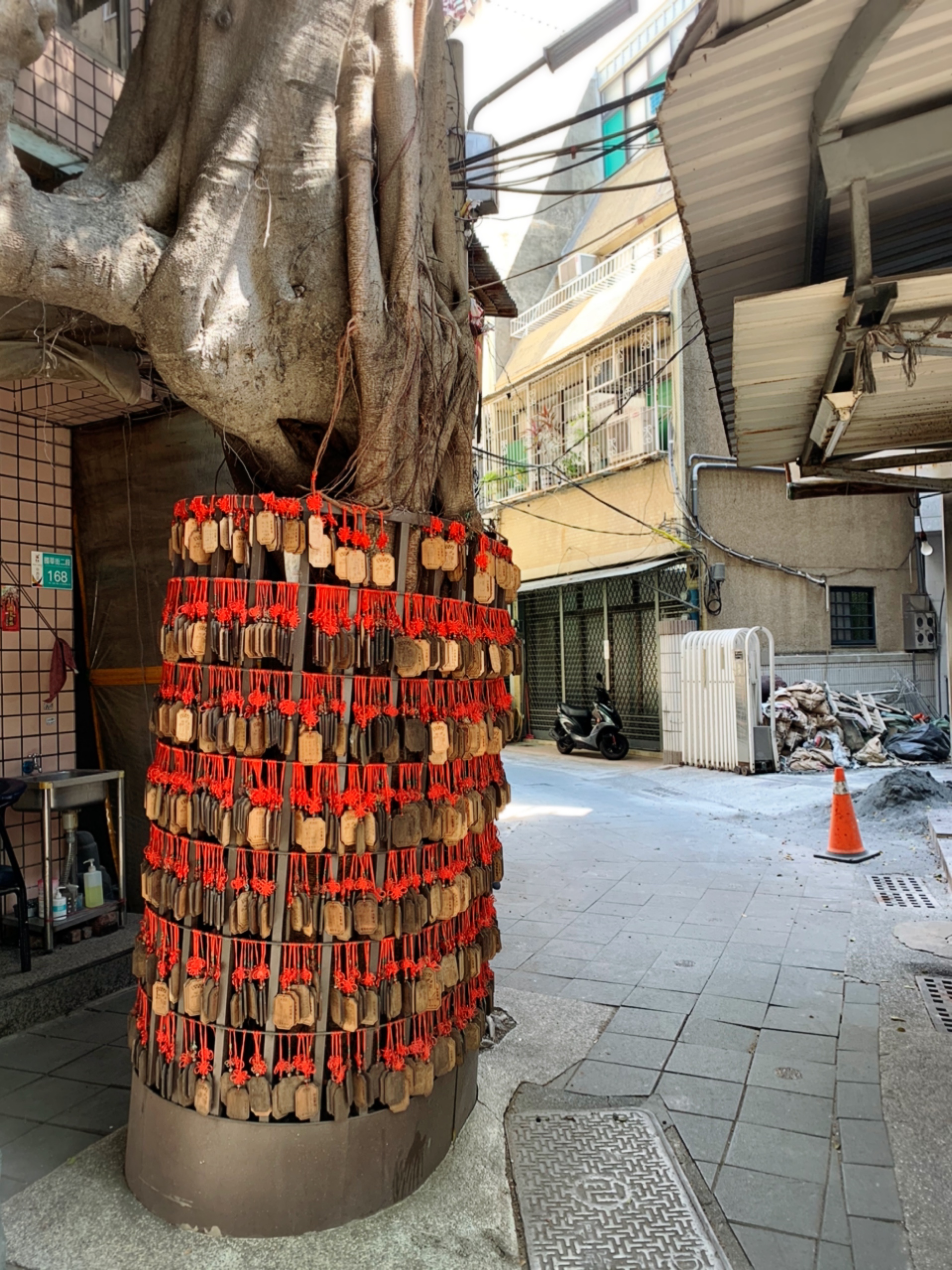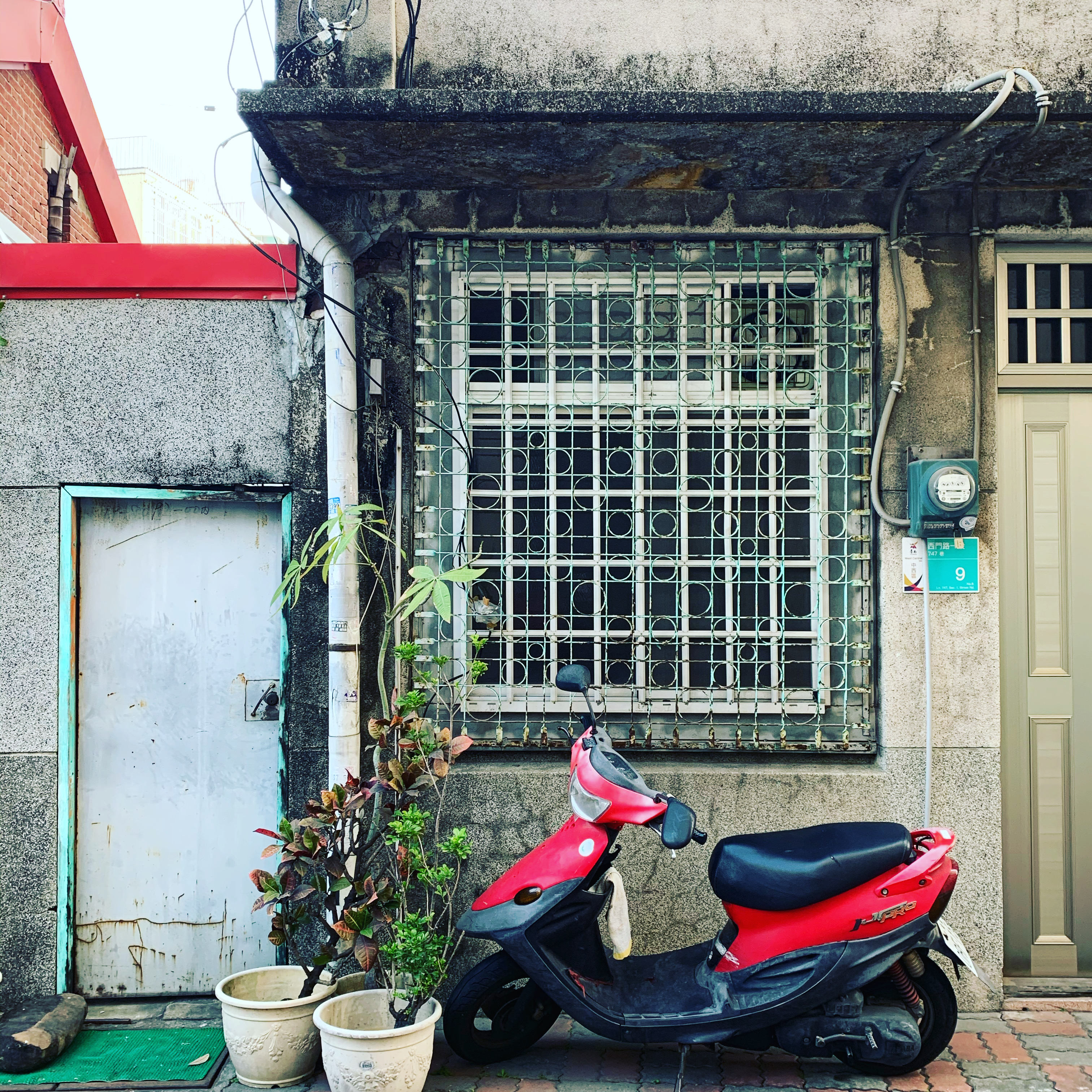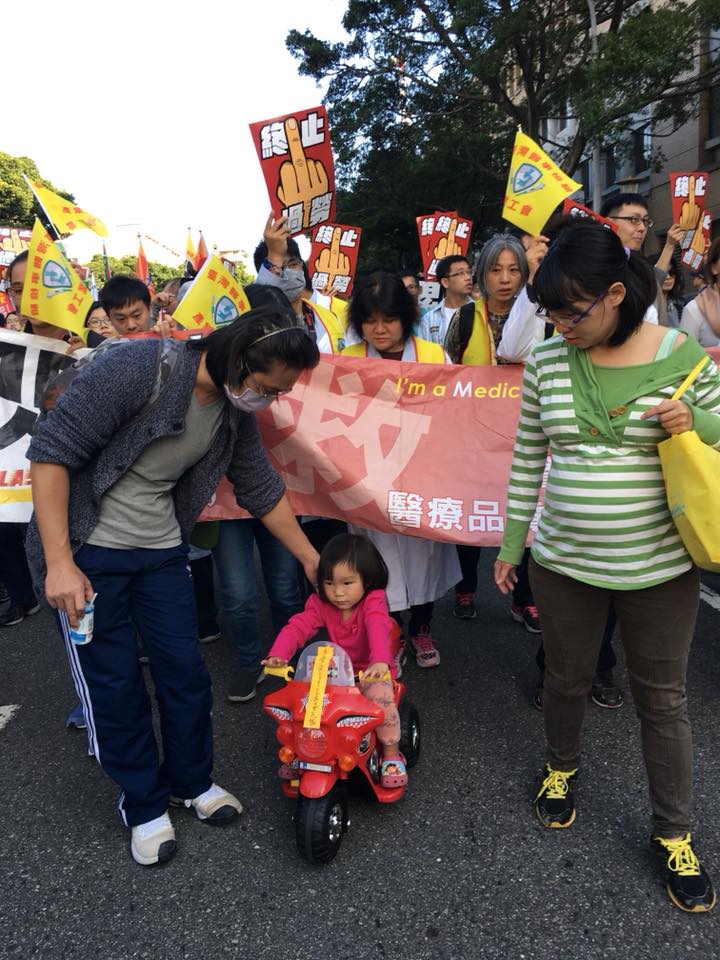Years ago, the ex-boyfriend of someone I once knew was engaging in aggressive stalking and harassment. We're talking the stuff of horror movies here. Despite showing up at her work and later the same night outside her front door as she was coming home (!), it struck me that there seemed to be so little the police could do. She called them and they came, but they weren't able to guarantee her safety in any meaningful way. She had been planning to end her time in Taiwan in the near future, but it was clear that staying would have been a dangerous proposition regardless. I don't know the extent to which his actions hastened her departure, but it almost certainly had some effect.
We're not in touch anymore, so I'm not willing to include any more detail than that. However, what remains with me is this: Taiwanese law enforcement could not or would not do anything to make Taipei a place where she could safely remain.
Now, imagine if she had not been planning to leave, or was from here and either had nowhere else to go, or didn't want to leave her life behind just to rid herself of a stalker.
That's not the only story I've heard; I'm intentionally not including more recent tales from others I don't know the extent to which doing so -- even with permission -- might impact their safety. Others have been in the news, most recently a woman in Pingtung who had reported her harassment over several months to police, but was still killed by her harasser.
Given all this, Taiwan's new draft amendment to improve anti-stalking laws in Taiwan is mind-bogglingly overdue and hasn't been reported on nearly enough, although taiwanreporter has consistently highlighted the importance of this subject for some time, as has the Taipei Times.
Here is what the new law would do:
According to the bill, the police will have the right to issue a written warning to a stalker or someone accused of harassment, once the victim's report can be corroborated.
If the accused disregards the police warning, the victim, police or prosecutors can seek a restraining order from the court, the bill states. Currently, restraining orders are issued only in cases of harassment or violence within a family or between couples.
Under the draft bill, the maximum penalty for stalking and/or harassment is five years in prison or a fine of NT$500,000 (US$17,667), and it allows preventive detention if the offender is deemed a likely recidivist. [The current fines are far lower: see below for more information].
It broadens the definitions specified in both the Sexual Harassment Prevention Act and Domestic Violence Prevention Act and makes them applicable in almost any situation, not just in a home, workplace, or school.
In particular, the definition of harassment has been extended to include making unwanted advances on someone.
You might be wondering if it's really true that currently, the police can only issue a restraining order in cases of harassment between family members or cohabiting couples, and whether most relevant laws are truly only applicable at home, work or school. What's more, are the current penalties truly so low? Are people being stalked in situations outside these narrow definitions truly left without protection?
The answer to all of these is "yes".
You may also wonder how it got to be that way. The problem is that work, home and school were each targeted with specific laws, with no umbrella anti-stalking or anti-harassment law covering all situations beyond one very general and low-stakes provision in one very broad law. Since I am not constrained by inches or word count, I have the space to sift through these laws. So let's do that, and take stock of where they currently fall short.
I'm probably not including every relevant sub-code or detail of every pertinent act and regulation because I'm not superhuman, but there are three that stand out: the Domestic Violence Prevention Act (家庭暴力防治法), the Sexual Harassment Prevention Act (性騷擾防治法) and the laughably inadequate Social Order Maintenance Act (社會秩序維護法). Also relevant are the Gender Equity Education Act (性別平等教育法) and the Gender Equality in Employment Act (性別工作平等法).
The Domestic Violence Prevention Act covers harassment, stalking (which is specifically defined) and other abuse by family members, including spouses and ex-spouses, relatives and cohabiting or formerly cohabiting couples. This is the act that allows for restraining orders to be issued, and allows for fines of up to NT$100,000 for contravening court rulings, including restraining orders and orders to relocate. However, it does not cover non-familial, non-cohabiting relationships -- so it would not cover a creepy date, friendship-turned-sour or terrifying ex that you didn't live with.
The Sexual Harassment Prevention Act covers school and workplace sexual harassment, and stipulates fines of up to NT$100,000 (and higher for certain professions) and imprisonment for up to two years for unwelcome touching. The act includes threats, offense and intimidation, inundation (of behavior, approaches or images), creating a sense of fear or hostility or impinging on rights and interests of a person within the organization. Although the organization is meant to conduct its own investigation, it must report to municipal authorities and can be punished for not investigating appropriately. This act does not mention stalking, but the focus on the reaction of the targeted person to the unwelcome behavior might potentially cover this.
The Gender Equity in Employment Act and the Gender Equity Education Act cover any sexual harassment at school or work not covered by the Sexual Harassment Prevention Act, and include language against discrimination (which includes bullying or verbal harassment) based on gender or sexual orientation. Neither clearly stipulate that harassment or bullying of transgender workers or students is included in this definition, and neither use the term "stalking".
The Social Order Maintenance Act attempts to cover everything else. This is the one that would cover that creepy date, rando who follows you or ex you never lived with. However, it does not define "stalking", saying only that it prohibits "stalking another person without justifiable reasons despite having been dissuaded" (emphasis mine). It stipulates a fine of not more than NT$3,000 for stalking, and includes defacing someone else's property, such as a house or car.
I have no idea what a "justifiable reason" for stalking would be, and am nonplussed that this language would be included in such a wide-reaching law. It goes without saying that NT$3,000 is barely a punishment; it's essentially a stalking fee, which if you have to pay it at all amounts to permission to keep on stalking. The law mentions "dissuasion" but makes no provisions for issuing restraining orders against such stalkers. Police may, however, restrain a person who is -- and I am quoting the law here -- "caught red-handed in the commission of an offense".
It's terrifying to me that this is the only law under which my then-friend could have sought redress, and it would not have even stipulated so much as a restraining order.
Clearly, this change has been long overdue. Every time there is a widely-reported case (or number of cases) that could potentially have been prevented by more concrete anti-stalking laws, there is an outcry, followed by a call for reform, followed by what seems to be...no reform.
It happened in 2018, when the Executive Yuan approved a draft bill to bolster harassment and "pestering" laws. That seems to have gone nowhere, as it did not have the support of women's rights groups. From the Taipei Times:
While they support the idea of the bill, [women's rights groups] said its current version would not provide enough protection to people who are being harassed or stalked.
Once a person files a complaint with police, the police are required to spend three months investigating the allegations, which is both time consuming and fails to provide a victim with timely protection, Taipei Women’s Rescue Foundation deputy chief executive Jasmine Bai (白智芳) said.
It happened again in 2020, when the National Police Agency proposed anti-stalking legislation. It's not clear if that's the same proposal that was lambasted once again by women's groups, as by November 2020 the anti-stalking proposal under discussion came from the Ministry of the Interior (I was following this issue, and couldn't figure it out then, either). This time, criticisms of the proposal included a lack of immediate tools to protect victims, and equating stalking to sexual harassment, even though not all stalking is sexually motivated.
By March 2021, the New Power Party (NPP) was pointing out that the government was taking far too long to take action. Of course, as we now know, that short lag between March and April meant that there was no law already in place when the woman in Pingtung was murdered by her stalker about two weeks ago.
That was the price society paid. A life was lost. This isn't abstract, it's an immediate need.
The approved draft amendment seems like it will go further than its dead-on-the-vine predecessors, as Premier Su has requested that it be implemented within six months rather than the originally-slated year, according to the Taipei Times. It includes immediate protection for victims, expanding the power of law enforcement to issue restraining orders on any harasser, not just those with family/couple relationships. It includes non-sexual stalking, such as spying, sending unwanted messages, images, goods or services -- meaning it should also cover cyberbullying and online stalking -- and raises the penalty for aggravated stalking with a weapon. Because it covers stalking behavior rather than who is stalking (e.g. a colleague, family member or person at school) or why they're stalking (e.g. for reasons related to sexual desire, gender or sexual orientation), it ought to cover marginalized groups such as transgender people who face stalking and harassment.
Most importantly, the passage of this new law is more likely because it finally "draws on relevant laws in other countries and on the views of women's rights groups and legislators in Taiwan", according to Focus Taiwan.
Imagine that. The government finally listening to women's voices when drafting legislation that will help protect women.
Imagine if they had done that in 2018. How many people might still be alive?



















